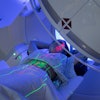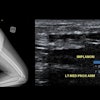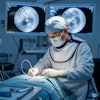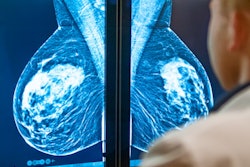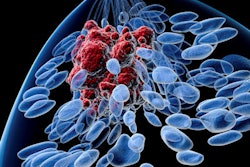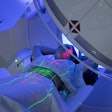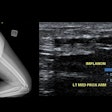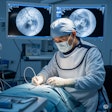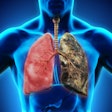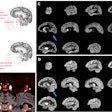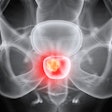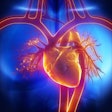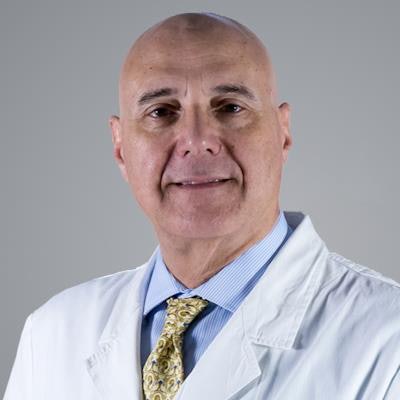
The influential Milan-based research group headed by Prof. Francesco Sardanelli has provided new analysis that screening mammography will be vital to preventing breast cancer deaths, even in the age of precision medicine. The team published its work on 25 September in Insights into Imaging.
Modern breast cancer treatment increasingly involves the use of personalized medicine -- a way of tailoring treatments to each patient and her tumor type. As targeted treatments have progressed, so too have breast cancer outcomes.
But in their review, the authors argue that this progress would not have been possible without also identifying cancers earlier with breast screening programs.
"In the era of precision medicine, early detection remains crucial," wrote the researchers, led by Rubina Trimboli, a doctoral candidate at the University of Milan in Italy. "Screening mammography and systemic anticancer treatment are synergistic in improving breast cancer prognosis."
Targeted therapies are at the heart of precision cancer treatment, the authors noted. These include the use of drugs to combat specific, molecular alterations driving tumor growth or even performing genomics analysis to chart the best course forward for each patient.
The shift to personalized anticancer treatment started with the widespread use of chemotherapy in the 1970s as an adjuvant therapy, according to Trimboli and colleagues. Chemotherapy was later joined by multiple anticancer agents, such as tamoxifen, aromatase inhibitors, monoclonal antibodies, and other targeted therapies. Researchers are also working to add immunotherapies to the growing list.
At its best, this kind of personalized cancer care can help clinicians make informed decisions about which types of treatments a patient will and won't benefit from, as well as help care teams tailor therapies and medications directly to the type of tumor.
But even modern anticancer therapies work best when breast cancer is identified early, which is why screening mammography is so important, according to the authors.
Like anticancer treatments, screening mammography grew into prominence in the 1970s after successful clinical trials, the researchers noted. Technological improvements have led to modern mammography systems that are more effective with less radiation.
Since the start, breast screening has had the goal of minimizing late-stage cancer diagnoses in order to maximize the amount of time anticancer treatments have to work, according to the authors. In this way, it should be obvious why improved mammography and personalized anticancer treatments work in tandem to improve breast cancer outcomes.
Trimboli and colleagues pointed to a number of studies showing the role screening mammography plays in improved cancer outcomes, but perhaps the strongest argument was that a patient's stage at diagnosis is still one of the top factors for predicting their odds of surviving breast cancer.
In a 2018 study referenced in the article, a team led by researchers from the U.S. National Cancer Institute found stage at diagnosis was still the strongest predictor of survival, along with age (60-74) and HR-negative status.
"Treatments are still less effective in the case of advanced-stage disease," the authors wrote.
The researchers even performed their own small analysis to try and quantify the impact breast screening has had on improved breast cancer outcomes over the past few decades.
Using established data for stage distribution, overdiagnosis, and survival rates, they estimated the 10-year breast cancer recurrence rate would be 25% if novel, targeted treatments were used on their own. But that percentage drops to 15% if targeted treatments are combined with screening.
"The increasing use of screening mammography and improvements in systemic treatments have substantially reduced breast cancer mortality over the last two decades," the authors wrote.
For now, it appears the combination of targeted therapies and screening mammography is a winner, helping to catch and effectively cure breast cancer when it's most treatable. But it's harder to say whether that will be the case forever.

